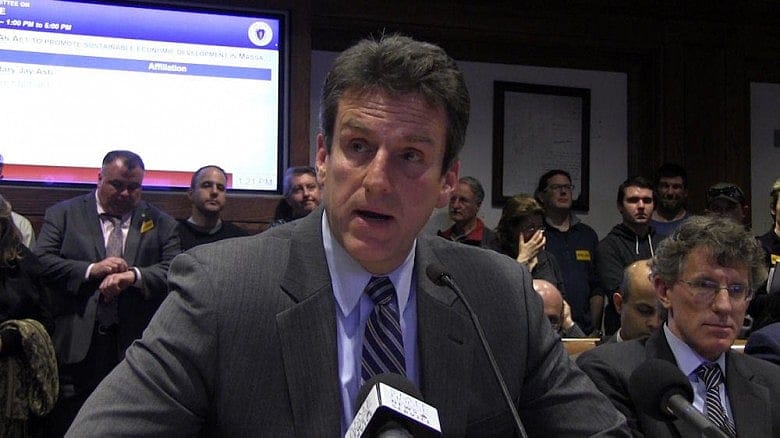Film workers defend state tax credit Baker would cut

BOSTON – Film industry workers flooded a State House hearing Tuesday to defend a tax credit they say has fueled job growth by making the state a regular destination for large and small productions and enabled industry workers to stay in Massachusetts rather than pursuing opportunities in New York or Los Angeles.
Tax credit critics over the years have argued that too much of the benefits flow to out-of-state interests and claim investments could be made in areas crying out for more revenue if the incentive was eliminated or scaled back.

